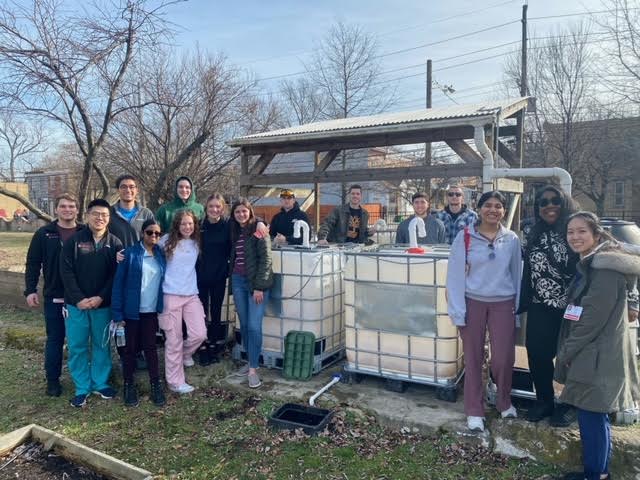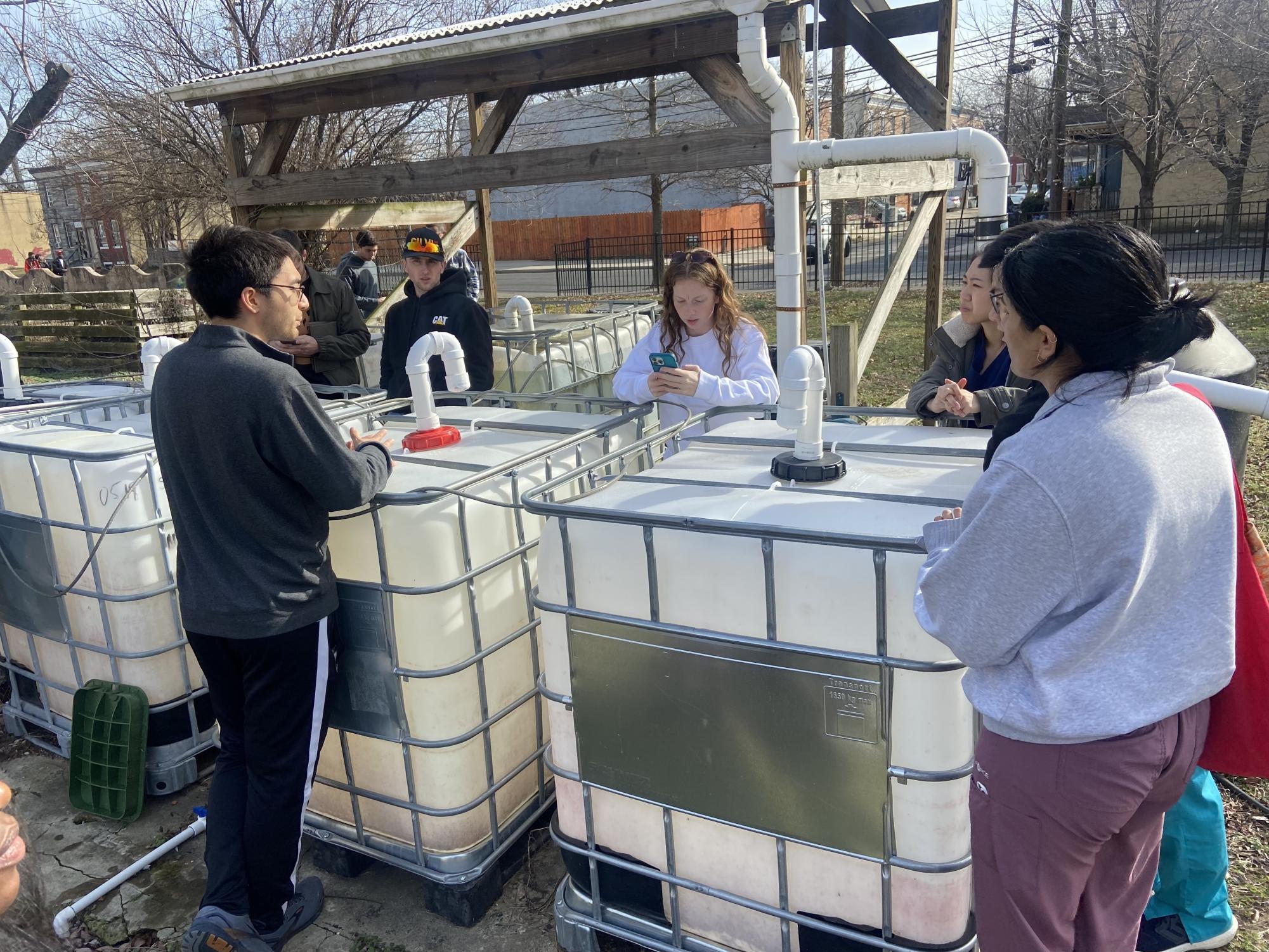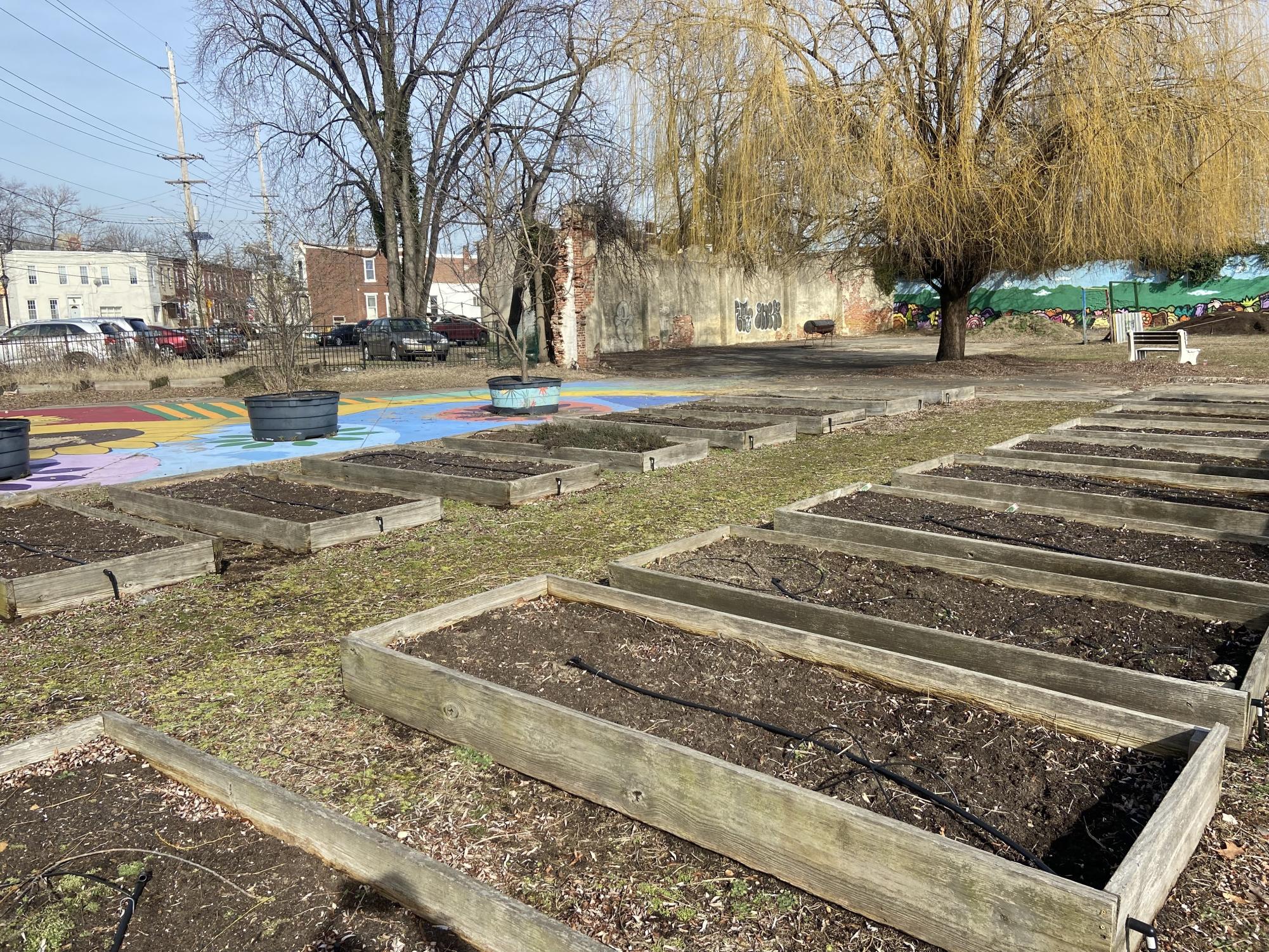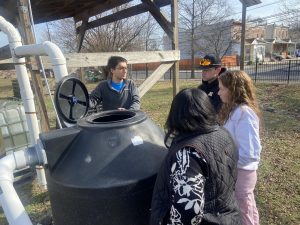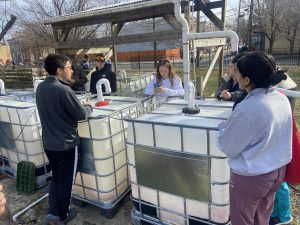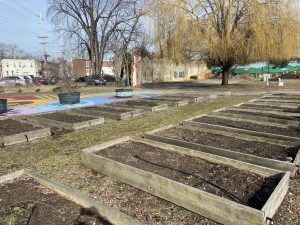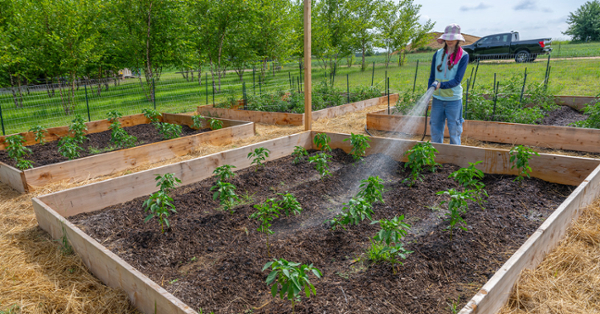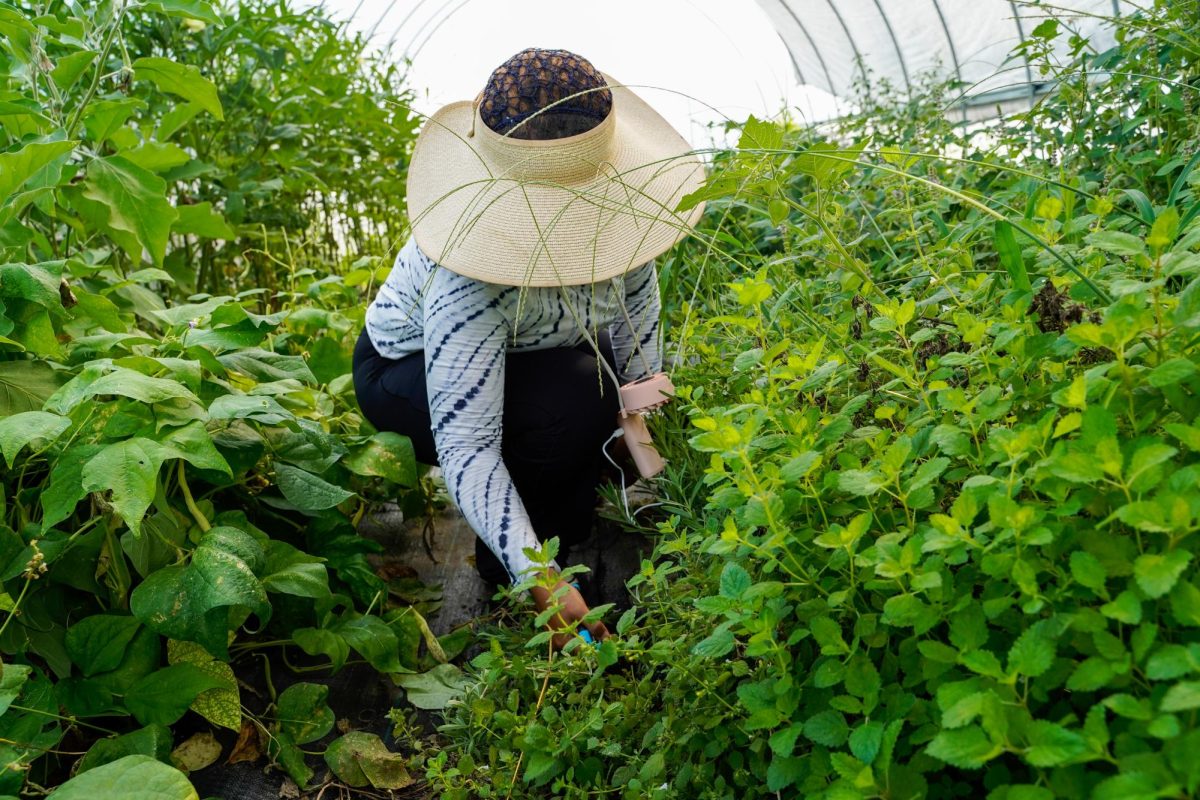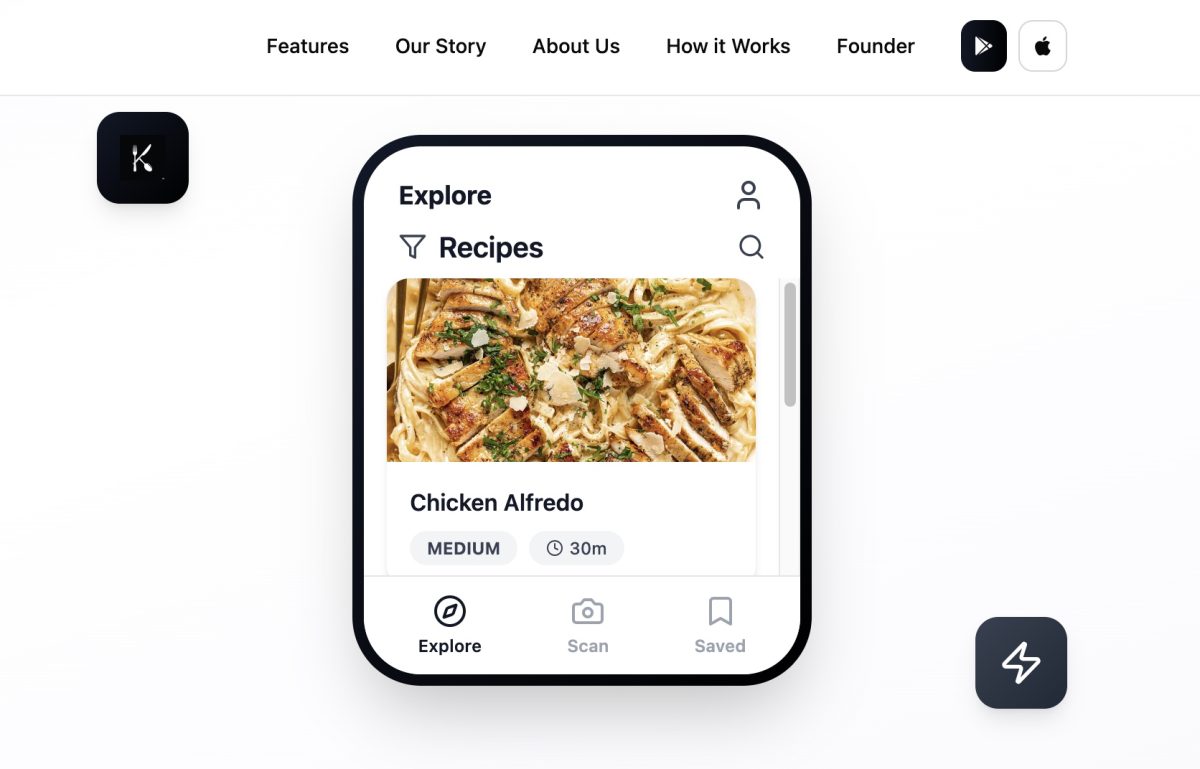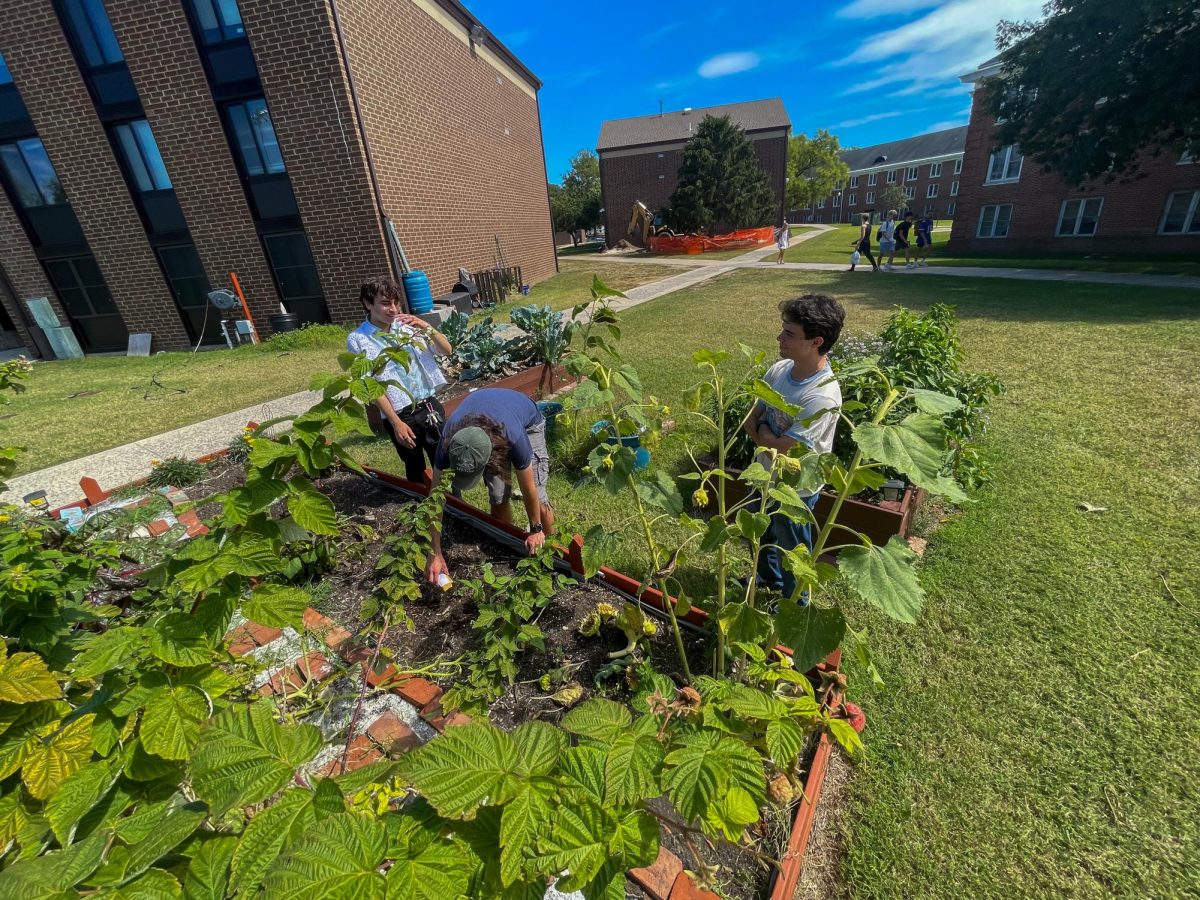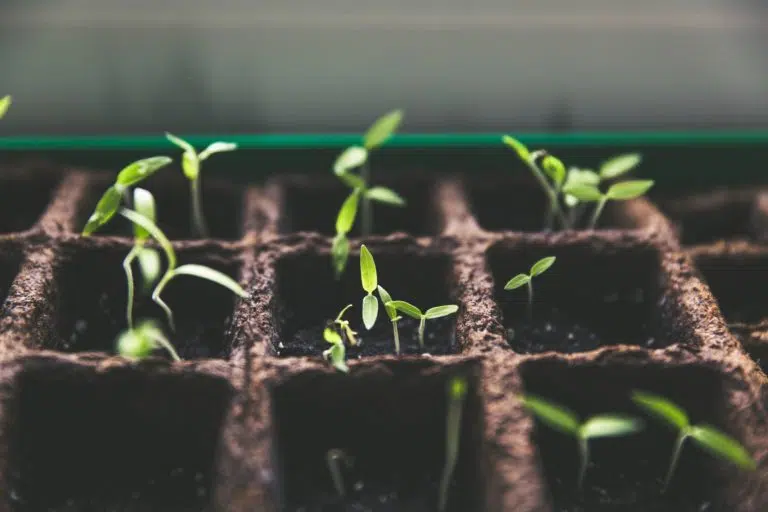Urban farming is booming in Camden, providing fresh, locally-grown food and much needed green space for residents.
But as farmers prepare for the growing season, they are working to solve a basic challenge: how to gather and store enough water to get through the hot summer months.
Many gardens are not located near easy water access. Water is expensive. Rain barrels don’t work if it doesn’t rain. And sometimes irrigation equipment gets stolen.
“I have land, accessibility to sunshine, very good seed supply, however, the thing that is not guaranteed is access to water,” said Dr. Christoff Lindsey, a member of the Nyame Nti community garden. “That is key to life. You must have water.”
To solve this problem, community gardeners are working with professors, engineering and medical students to find solutions.
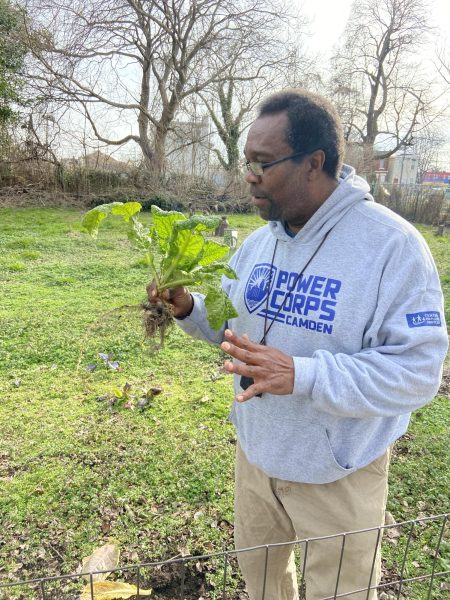
At the Cooper Sprout’s garden, the Rowan University’s Engineers Without Borders Club and Cooper Medical students help devise an automatic watering system with large rainwater collection containers.
The system diverts rainwater from the shack’s roof through a filter into water tubs connected to individual garden plots. Solar panels generate power from the sun to keep the water in a controlled flow.
All of these things are needed as climate change makes the weather less predictable.
“As climate change happens and the summers get hotter and dryer, and there’s not enough water produced that becomes a rate limiting step to be able to continue to grow fresh produce,” said Dr. Nicole Vaughn, a professor of Health and Exercise Science at Rowan University who researches and helps facilitate urban farming.
Funding from Build Health Collaborative to Camden organizations has helped open the door to innovative ways to center the community around water access issues and addressing challenges related to water scarcity and quality.
In addition to the water projects, Vaughn works with growers in the city to figure out economic ways to improve their economic situations, growing and selling as well.
Cooper Sprouts, located on 616 Newton Ave and led by Sheila Roberts, stands as a dedicated garden catering to the residents. Cooper Sprouts is more than a 20 bed garden.
This community hub shares produce for free and sells the extra produce to support the garden. Together, they’re not just growing gardens; they’re growing sustainability and community well being.
“Nutrition is really important,” said Vaughn. “Access to consistent nutrition decreases infirmities and increases the physical and mental wellness of individuals who live in Camden.”
Just down the street, the Nyame Nti garden also serves as a vibrant community garden for Camden residents. Similar to Cooper Sprouts, it has become a space not only for cultivating crops, but also for nurturing a sense of shared responsibility and growth.
“A part of environmental science is the need to be able to feed ourselves, individually, as a family, as a neighborhood, as a city,” said Lindsey.
The collaborative efforts in gardens like Cooper Sprouts and Nyame Nti also symbolize a holistic approach to community development. Growing food is also a vehicle for growing strength and determination within the people striving for change in urban communities.
“If we can continue to grow, people can buy and support the work that’s happening in Camden to contribute to a bright future,” said Vaughn.

